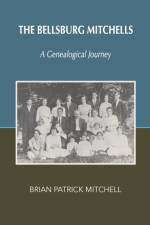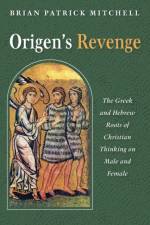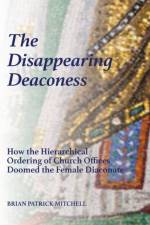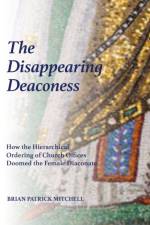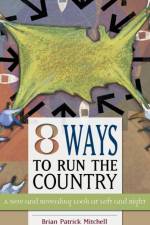av Brian Patrick Mitchell
239,-
The Bellsburg Mitchells tells the story of a search for ancestors among the settlers of Tennessee's Dickson, Robertson, and Cheatham Counties and also among their predecessors in the American colonies and Western Europe. The search was begun by the author's father in 1986 and has been furthered by the author in this century with the aid of the Internet and the latest DNA technology, with surprising results. While focusing on the author's Mitchell forebears, the story includes names, dates, details, and trees for nearly ninety of the author's father's ancestors, both paternal and maternal. These ancestors connect the author to the Pilgrims who sailed with the Mayflower in 1620; to five of the original thirteen colonies-Massachusetts, Pennsylvania, Virginia, North Carolina, and South Carolina; to England, Scotland, Wales, Ireland, France, Germany, and Switzerland; and to one U.S. President, Richard Nixon. Thoroughly researched and expertly written, The Bellsburg Mitchells makes a complicated investigation comprehensible and enjoyable, entertaining readers on every page with interesting details of life long ago. Readers will learn a lot about American and European history and culture as well as about the methods and pitfalls of genealogical research. Family names: Absten, Baxter, Bell, Binckele, Binggeli, Binkley, Bonney, Burri, Compton, Dauge, Deane, Doane, Dozier, Durrant, Etheridge, Frey, Fry, Gibbs, Gregory, Haile, Harris, Hogan, Hon, Keuhlin, Meyer, Mitchell, Morris, Munden, Oberdorfer, Page, Penquite, Petree, Ralston, Rawlston, Ring, Rolestone, Rollestone, Rolston, Rolstone, Roulston, Schall, Schaub, Schmidt, Sharpe, Simmons, Simpkins, Smith, Speight, Spring, Stewart, Twenynge, Twining, Weissenbach, Zbindon, Zimmerman.

